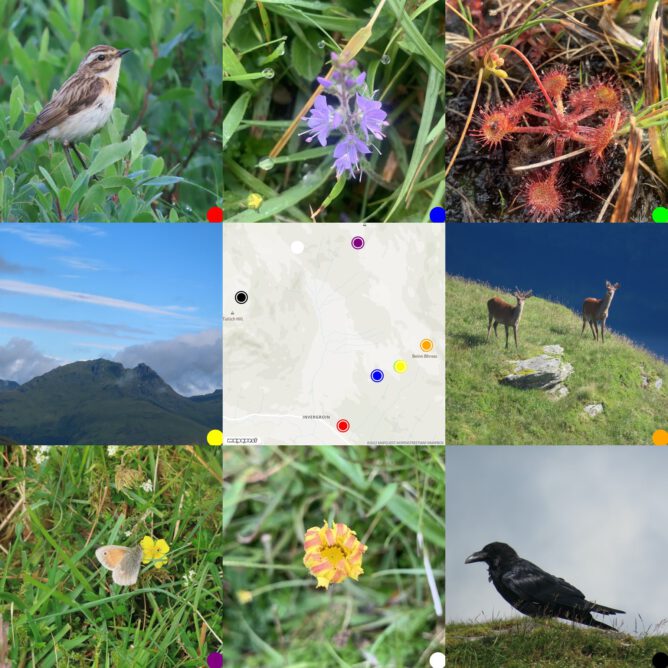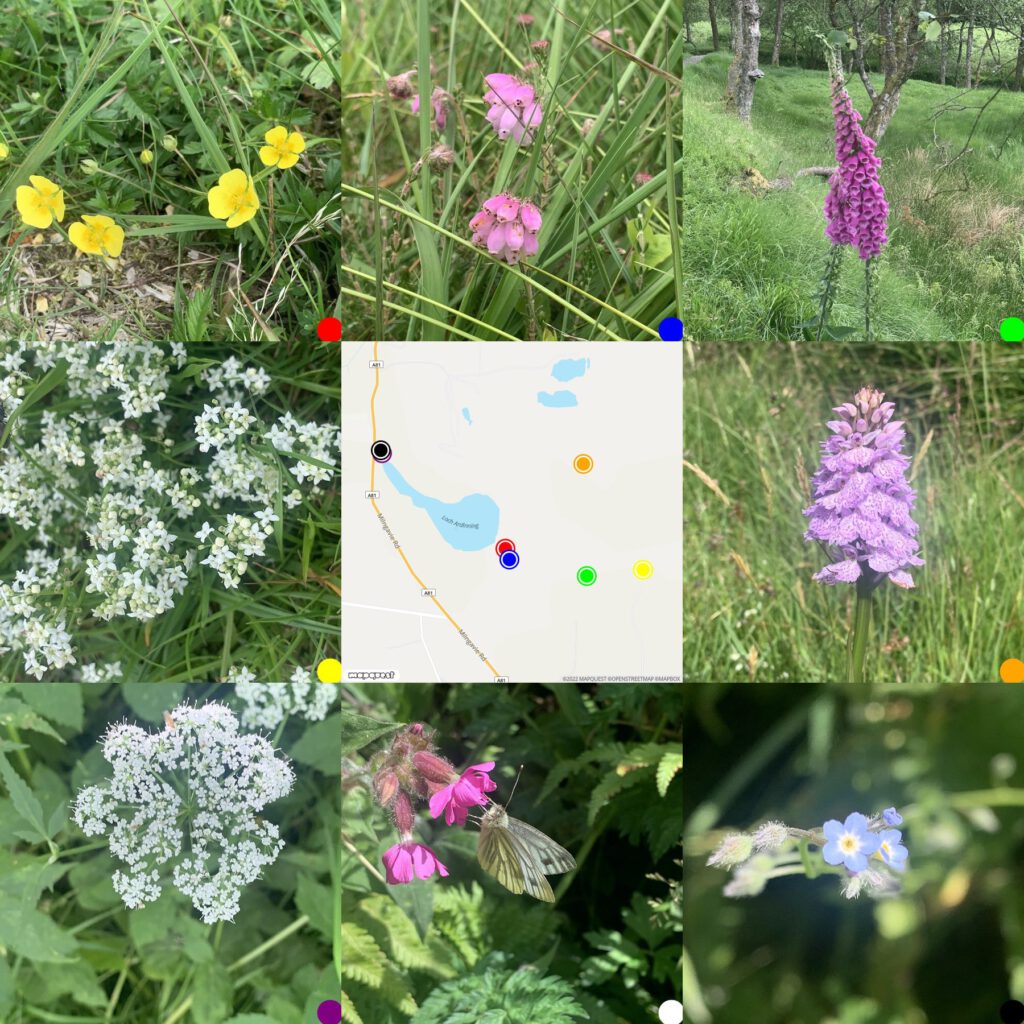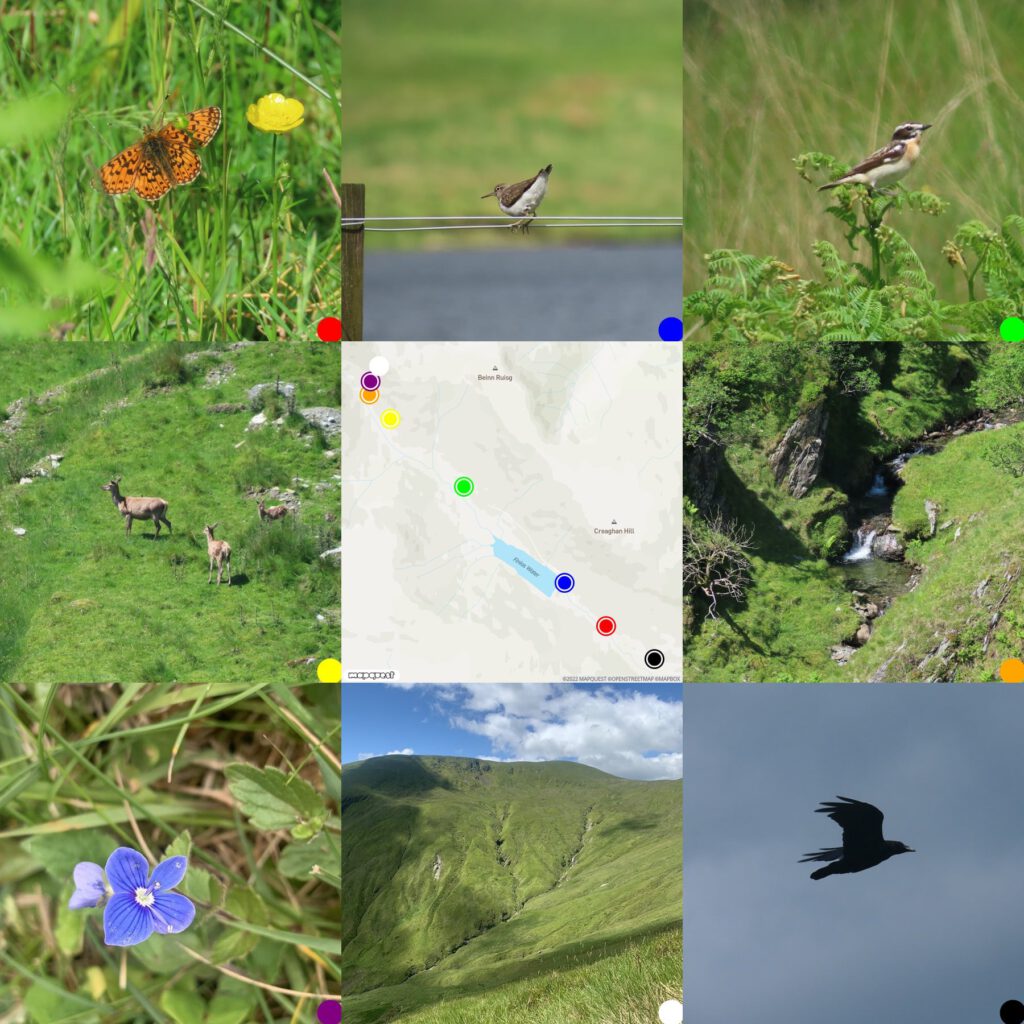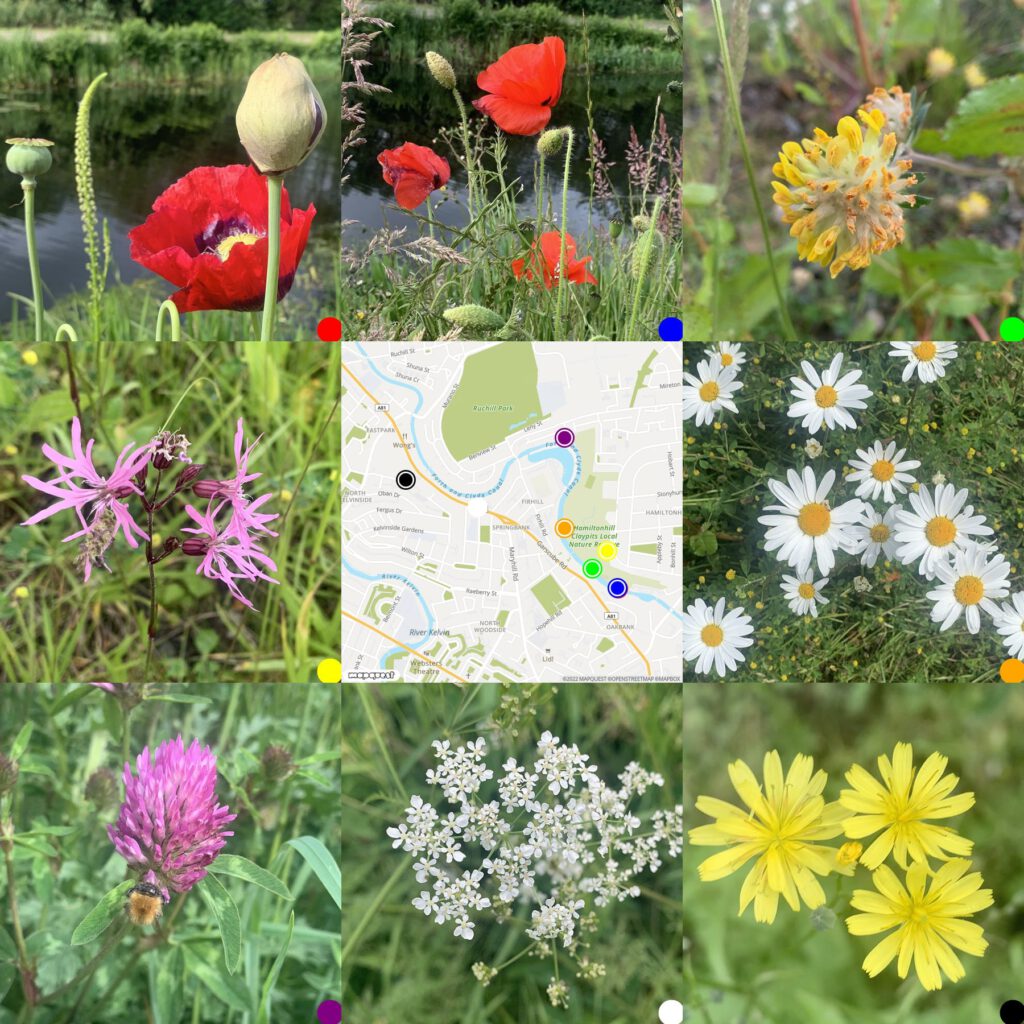Hi Chris,
10,000 I sub to the RSS feed! Not necessarily calming, but an amazing source of serendipity. Much appreciated.
Saw this guy at Ardinning this afternoon. Given his/her tail might be regrown I wonder if it the one I saw 3 years ago in the same place.

Had a walk round The Glen Douglas Trio today. Photos and notes on the walkmap
I also tried recording audio along the way to take some notes & record some thoughts.
This is a wonderful post Ben, thanks you. It speaks, to me as a primary teacher, to more than just EdTech and startUps. The big internet beasts have some claws in education and seem to be working towards what you call the rat-maze simulation of intimacy. Governments seem bent on datafication.
Technology can be part of informal & formal personal relationships. The technology I find interesting is messy engaging and has not much to do with scalability & market share.
In my tiny world, I hope technology helps inclusion, engagement, diversification of approaches and fun. The presentation & recording of learning in a useful way by learner that is still individual, not auto analysable and open to conversation.
Repost: Water rockets in the rain.
How I spent some time today. Water rockets in the rain.
The Biggies spent some time this morning building rockets, we gave them a test in the rain this afternoon. Great Camera Work Hollie! The slo-mo voices in the class sound strange! pic.twitter.com/IiXBLzXkKd
— Banton Primary (@Banton_Pr) June 28, 2022

Read: Rizzio by Denise Mina, ★★★★☆ short account of the murder. Not too much in the way of backstory, but lots of detail & characters. Fits very well with the painting by Sir William Allan.
Featured image: Out of Copyright, National Galleries of Scotland.
Listened: Wordle and the Web We Need
Listened Podcast Episode: Wordle and the Web We Need from Electronic Frontier Foundation
Where is the internet we were promised? It feels like we’re dominated by megalithic, siloed platforms where users have little or no say over how their data is used and little recourse if they disagree, where direct interaction with users is seen as a bug to be fixed, and where art and creativity are just “content generation.
But take a peek beyond those platforms and you can still find a thriving internet of millions who are empowered to control their own technology, art, and lives. Anil Dash, CEO of Glitch and an EFF board member, says this is where we start reclaiming the internet for individual agency, control, creativity, and connection to culture – especially among society’s most vulnerable and marginalized members.
I enjoyed this podcast. The K-pop glitching of wordle was fascinating.
There is a lot of pushback against silos/platforms that appeared as part of the Web 2.0. I often wonder if Flickr is an example of a service than is some much better than most:
- Free & paid accounts
- You can get your photos out
- API stable & straightforward, allows you to display or work with photos in all sorts of ways
It seems to me Flickr does just what Web 2.0 promised. It has had a bumpy ride in regard to ownership, but has manage to stay pretty stable for many years.




